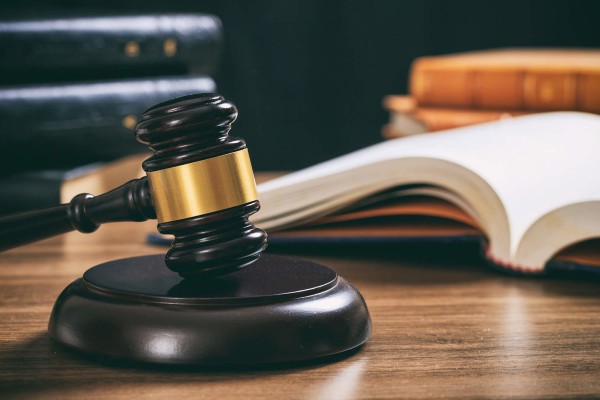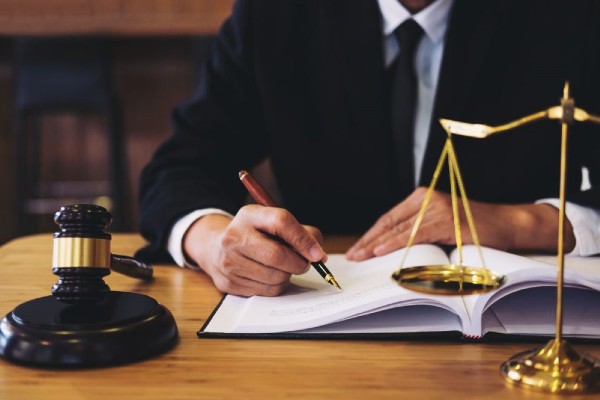An estate planning lawyer aids clients in deciding what should happen to their possessions in the event of their passing or disability. The lawyer should carefully consider your particular family and financial circumstances, outline the estate planning procedure, and assist you in making the decisions that will be best for you, your beneficiaries, and your descendants.
In addition to helping you create your will, an estate planning lawyer may guide you through a wide range of end-of-life decisions. Here is a way in which estate planning attorneys can help you.
Situations when you need an estate lawyer
- When you have children: If you have minor children or dependents, proper estate planning is extremely important since another adult may be required to manage your assets until the youngster reaches adulthood. A trust is typically needed for this, which is more difficult to set up than a will.
- When you are not sure about the legal process: Specific terminology used in estate planning documents may indicate different things depending on the context. An estate planning lawyer can provide answers to issues you might not have thought of.
- When you’re at risk of death or incapacity: For people with impairments or long-term health concerns, a well-planned estate is crucial. An attorney can assist you and your loved ones in using directive paperwork and advocating for your requirements if a time comes when you won’t be able to manage your finances and health on your own, especially when they are experienced in disability or elder law.
Situations you won’t need an estate lawyer
- All that you own are beneficiary-assigned accounts: The majority of funds for many people are kept in insurance and retirement accounts like a Roth IRA or 401(k). If your beneficiaries are simple (and are not minor children), you might not require sophisticated estate planning advice as these assets normally flow to the beneficiary you designate on the account, not in your will.
- Your planning process starts simple: Even if you get older or if your health changes, you can always begin the estate planning process on your own and consult a professional as your situation and plans alter.
If you’re unsure whether a particular estate-planning attorney is the best fit for you, trust your gut. Selecting an attorney who can expertly manage every aspect of estate planning is crucial since it can be difficult, both emotionally and legally.







